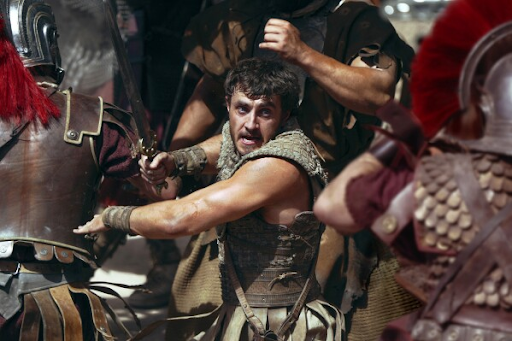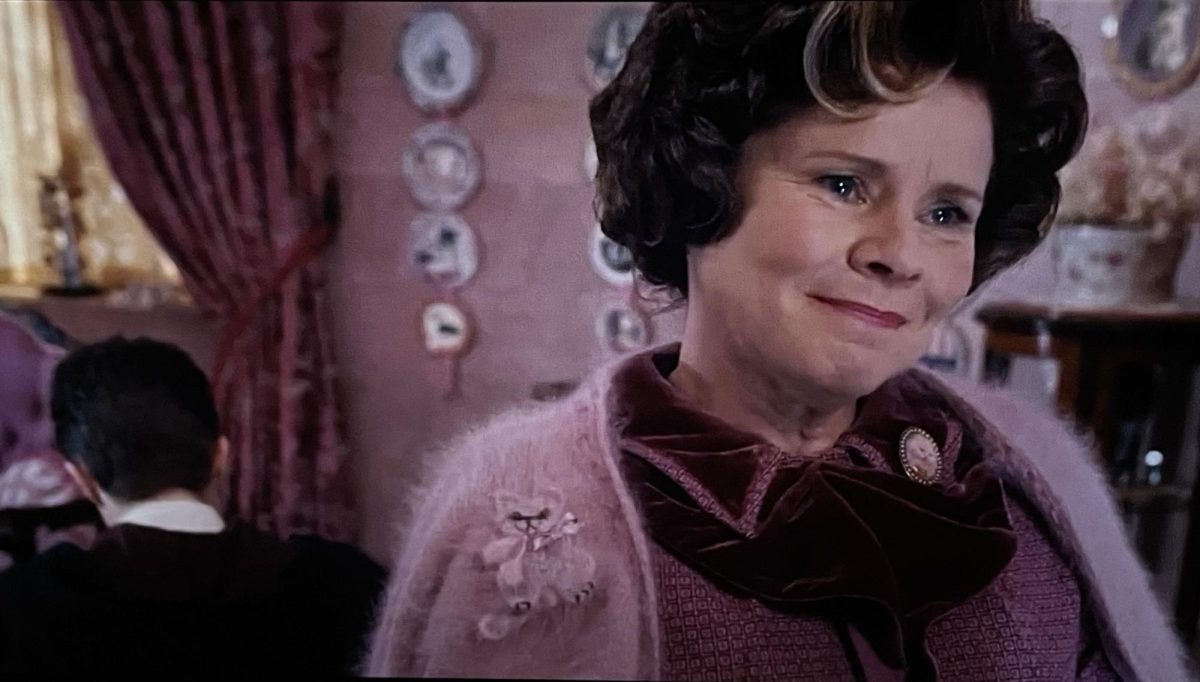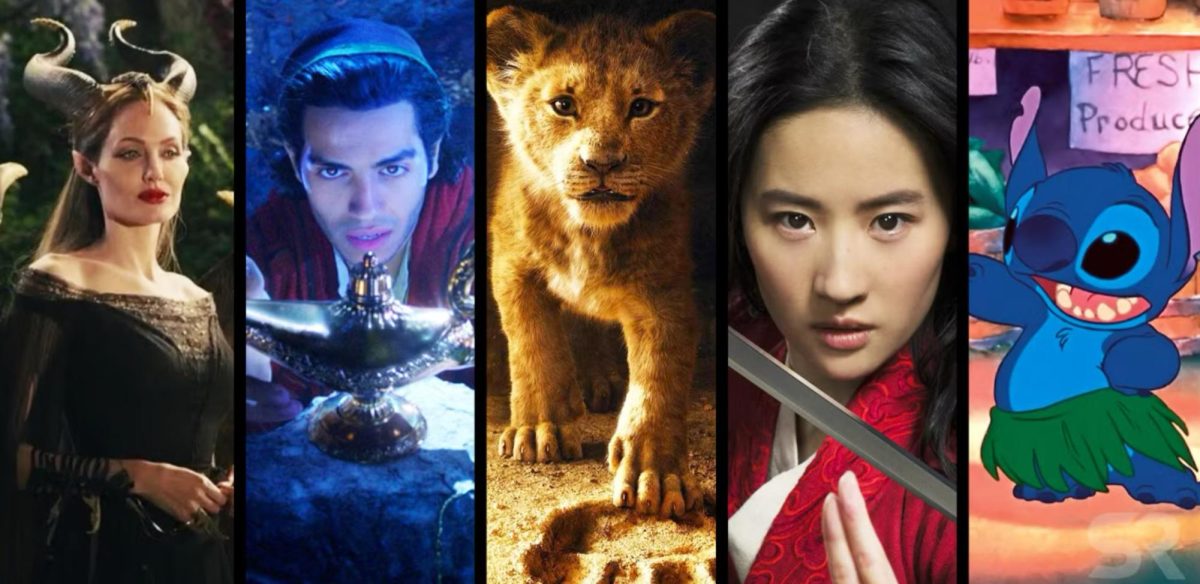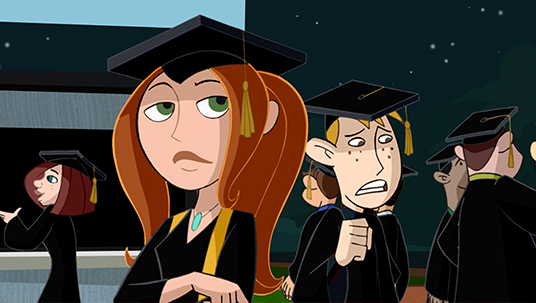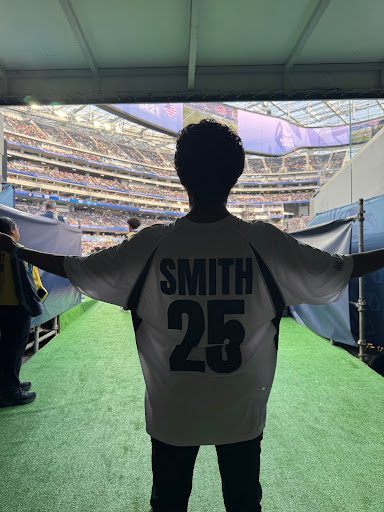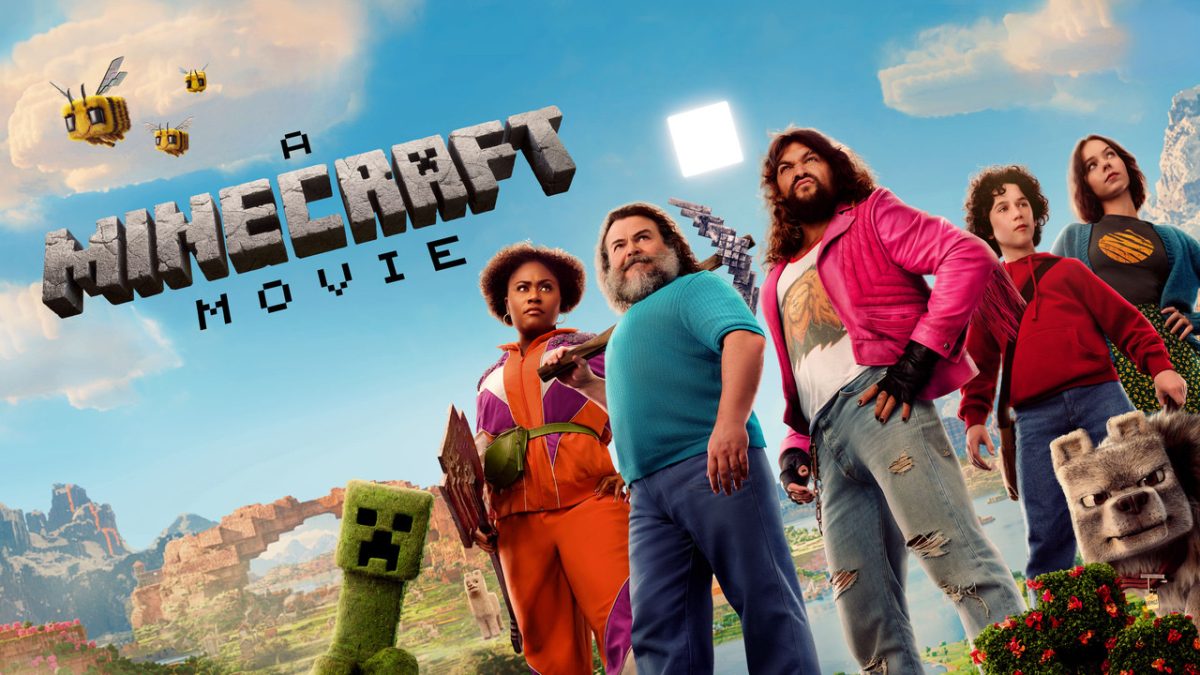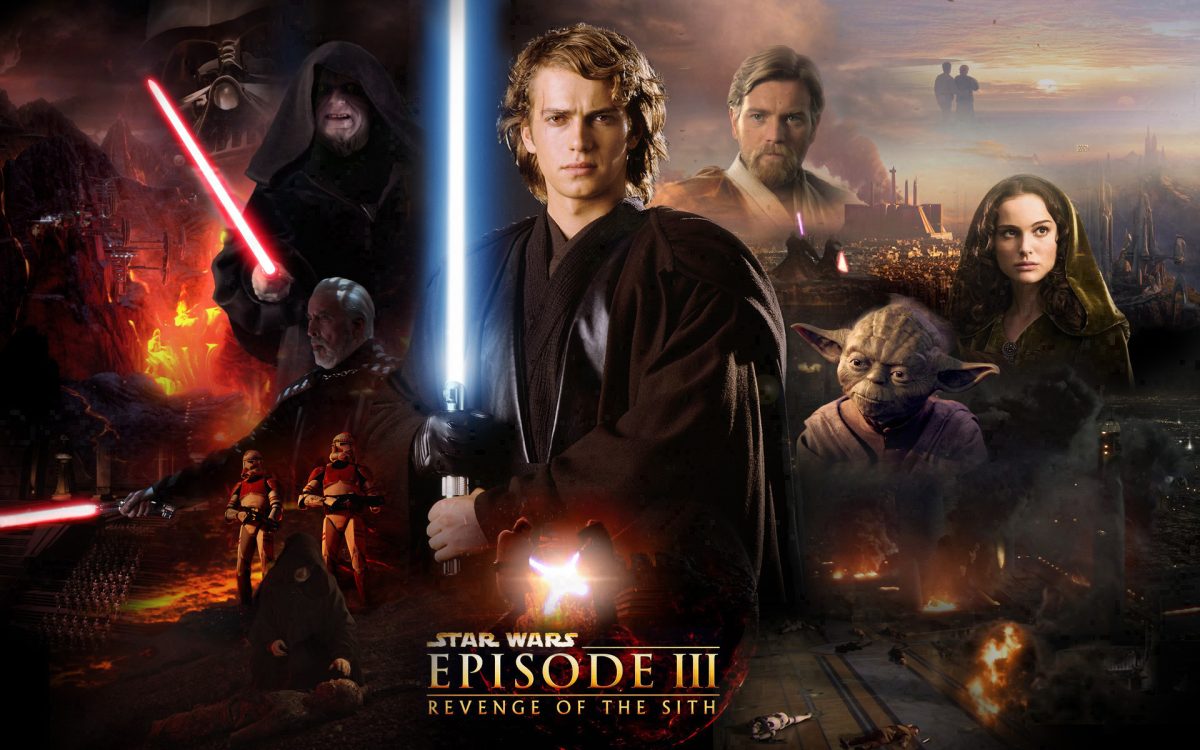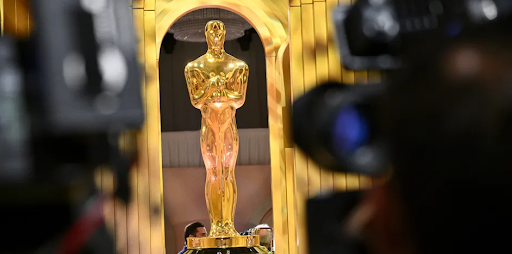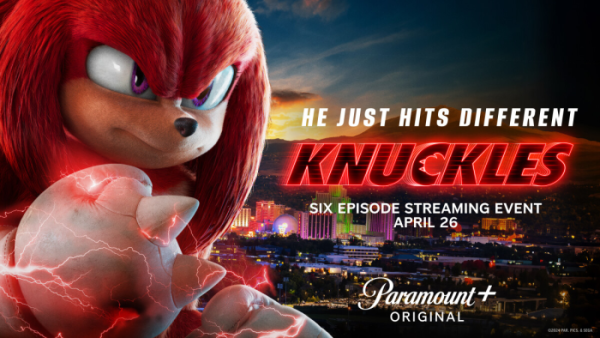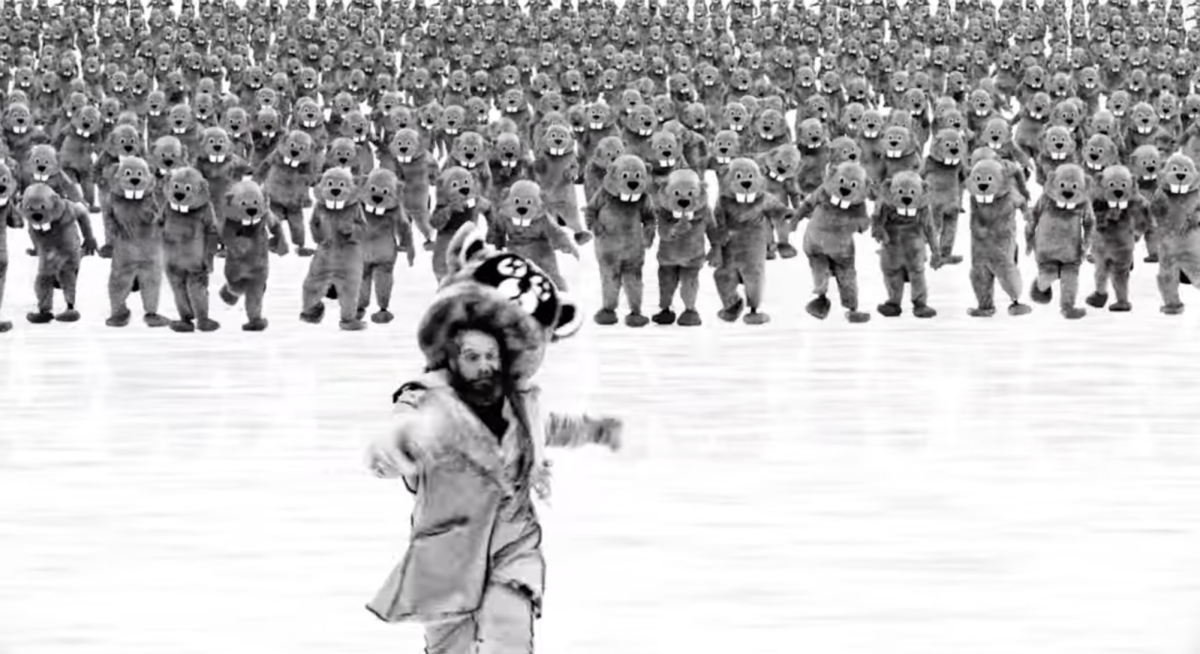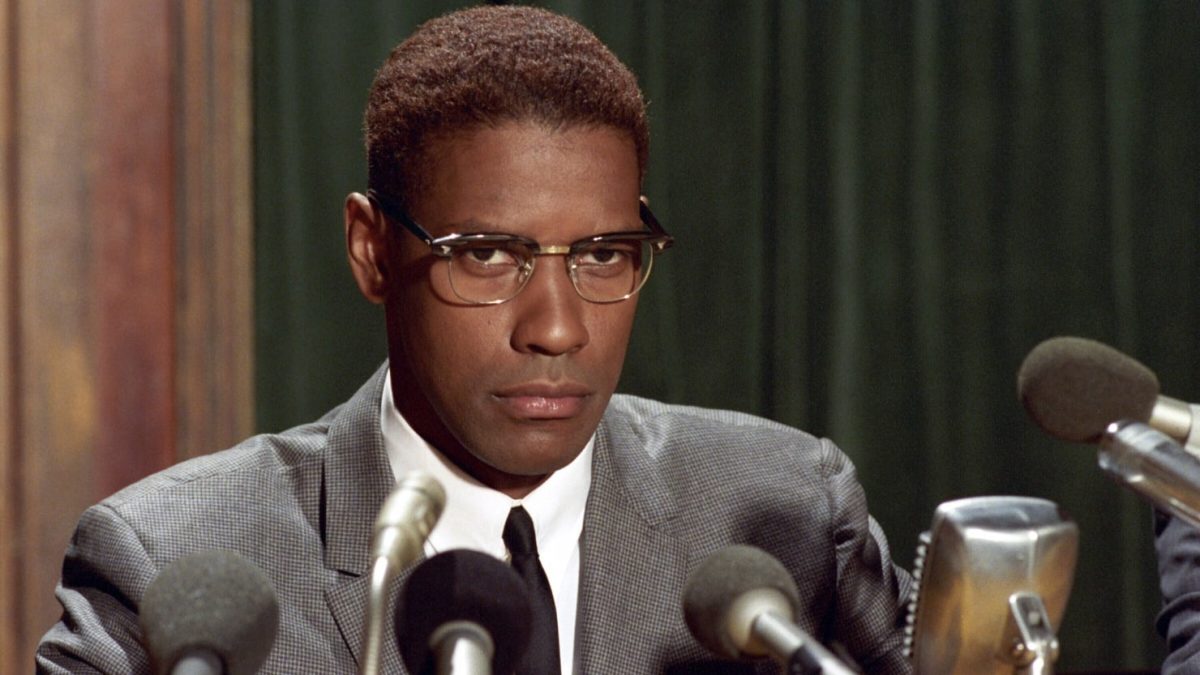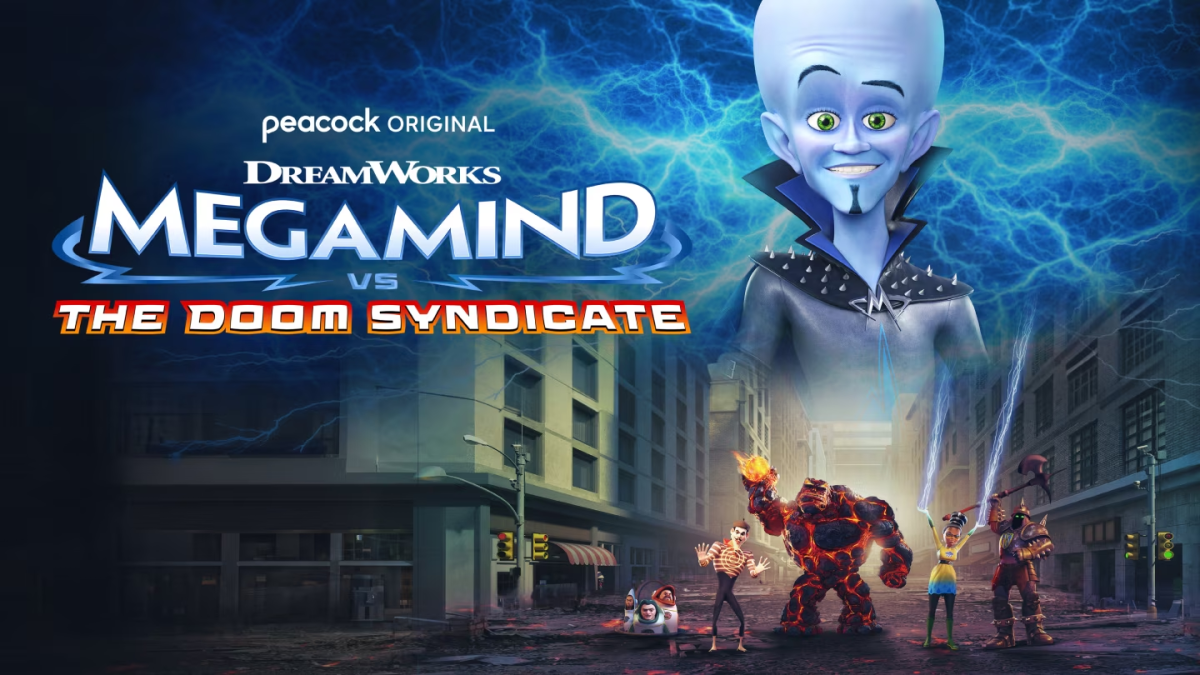The long-awaited sequel to Ridley Scott’s 2000 Roman-era epic Gladiator has finally made its way to the big screen. After years of delays, a pandemic, several union strikes, and an on-set pyrotechnic accident that halted production for several months, Gladiator II was released last Friday almost two and a half decades after the first film. The burning question for viewers: does it live up to the original?
And the answer? It’s… not bad.
To recap the original, Gladiator I follows Maximus (Russell Crowe), a Roman general who is framed for murder by the Emperor, Commodus (Joaquin Phoenix), and is forced to fight for his life in the Colosseum as, what else, a gladiator. Now on a path of revenge, Maximus fights his way through scores of gladiators, wins the favor of the people of Rome and the friendship of Commodus’s son Lucius (this is important), and finally slays the Emperor before dying himself. 
The sequel picks the story up 15 years later with a grown-up Lucius (Paul Mescal), now in hiding abroad. Much like Maximus before him, he finds himself unwillingly dragged into the fighting arena, this time by the gruff General Acacius (Pedro Pascal) and the incredibly freaky twin Emperors Geta (Joseph Quinn) and Caracalla (Fred Hechinger), and has to prevail against all odds to get his freedom back and save Rome.
With a nearly $300 million budget, the film certainly does not lack spectacle. From sea battles to massive arenas to a fully animatronic rhino, Gladiator II spares no expense in wowing the viewer with what feels like constant action. Director Sir Ridley Scott, creator of Alien, Blade Runner, The Martian, and most recently the divisive Napoleon, has a penchant for big and loud movies, and this one is no exception.
The fight scenes are well-choreographed and have enough variety to not get too boring too quickly, although by the end people hitting swords together can be a bit repetitive. The mock sea battle in the Colosseum is one of the most memorable, despite the suspension of belief needed in regards to the sharks (which has oddly been one of the biggest complaints about the movie). Also, much like the original, Scott can recreate the atmosphere of ancient Rome in amazing detail, from sweeping panoramas of the city down to the smallest sets
As a result of this emphasis on spectacle, the plot feels like it took a backseat somewhere in production. Most of it centers around Lucius’s personal struggles and motivations, which feel somewhat compelling at best and half-baked at worst. The beginning of the film sets his main motivation up as avenging the death of his wife at the hands of Acacius, but this thread is almost immediately dropped with not a lot of explanation.
The rest of the movie follows the complex political struggle between Rome’s elite and their pursuit of power, but many times it gets incredibly dense. Unless you watch Gladiator I right before II, all the talk of “The Dream of Rome” and “Aurelius’s Republic” might be confusing.
As for the actors themselves, it’s a mixed bag. Mescal is something of a weak lead, as he fails to hold the huge screen presence that Maximus had in the original and doesn’t particularly stand out from the rest of the cast. Pascal, who despite what all the advertising and the first third of the movie would make you think is in it for a bafflingly short amount of time, gives a mostly muted performance, although his chops do shine through during some of the more personal moments.
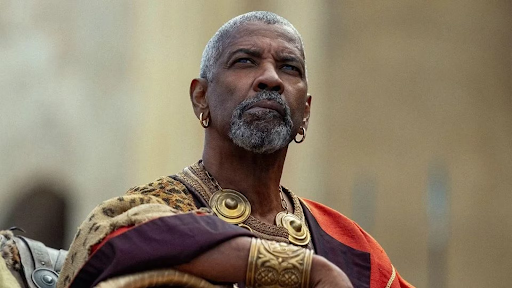 On the other hand, Denzel Washington steals every scene he’s in as Lucius’s scheming manager Macrinus, as he practically chews and spits out every line. Quinn and Hechinger’s duo act also deserves a shoutout, as they manage to nail the creepy, petulant child vibe that Phoenix pulled off in the original and then some.
On the other hand, Denzel Washington steals every scene he’s in as Lucius’s scheming manager Macrinus, as he practically chews and spits out every line. Quinn and Hechinger’s duo act also deserves a shoutout, as they manage to nail the creepy, petulant child vibe that Phoenix pulled off in the original and then some.
So, all in all, should you watch Gladiator II? It depends on what you’re walking into the theater for. If you want two and a half hours of beefy Romans beating the snot out of each other and various wild animals with somewhat hard-to-follow political intrigue spliced throughout, this is the movie for you. If not, then you should probably go watch something else. The film is, like much of the rest of the film market, a fun romp that’s only truly enjoyable on the big screen, so I’d suggest you catch it while it’s still in theaters. Who knows? To paraphrase Maximus: you might be entertained.

